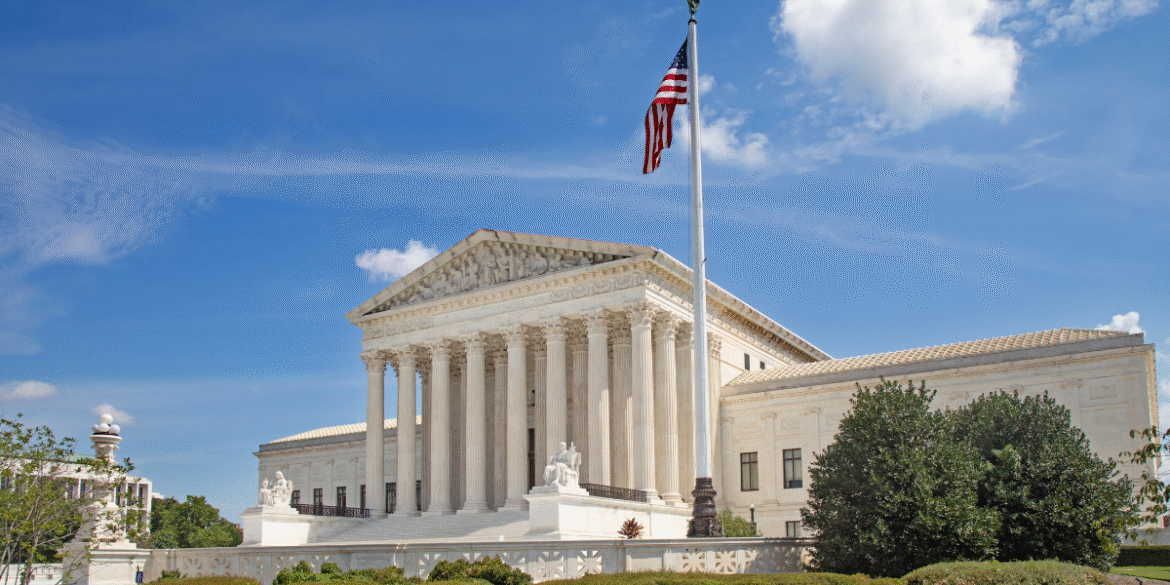The U.S. Supreme Court has declined to hear a challenge to Texas’ controversial voting restrictions, leaving the state’s strict voter ID requirements in place. The decision upholds a lower court ruling that found the law to be legal, despite ongoing concerns that it disproportionately impacts minority and low-income voters. Critics argue that the law’s stringent ID requirements make it more difficult for certain communities to participate in elections, potentially undermining the principle of equal access to the ballot box.
Texas’ voter ID law, which mandates that voters present one of several approved forms of photo identification at the polls, has been the subject of legal battles for years. Supporters of the law argue that it is necessary to prevent voter fraud and ensure election integrity. However, opponents contend that the law places an undue burden on vulnerable populations, including elderly citizens, people with disabilities, and low-income or minority voters, who may face challenges obtaining the required identification. Critics also argue that the law could disproportionately disenfranchise African American and Latino communities, who are less likely to have access to the necessary forms of ID.
The case that the Supreme Court declined to hear had sought to challenge the law on the grounds that it violates the Voting Rights Act by disproportionately affecting certain voters. However, the Court’s decision to decline the case means that the lower court’s ruling stands, and Texas’ voter ID requirements will remain in effect.
This decision has significant implications not only for Texas but also for other states considering similar voting restrictions. Voting rights advocates fear that the Court’s refusal to intervene could embolden other states to adopt stricter voter ID laws, potentially making it more difficult for marginalized groups to participate in the democratic process. The ruling may also have broader implications for the future of voting rights litigation, as it highlights the Court’s stance on certain types of voting restrictions.
While the decision leaves Texas’ voter ID law intact for now, it has sparked renewed debates over the balance between securing elections and ensuring that all eligible voters have equal access to the polls. Voting rights advocates are likely to continue pushing for reforms aimed at making voting more accessible, while opponents of voter ID laws will remain vigilant, seeking legal avenues to challenge similar restrictions in the future. The decision underscores the ongoing tension between election security and voter accessibility, a key issue in the broader national conversation about voting rights.

